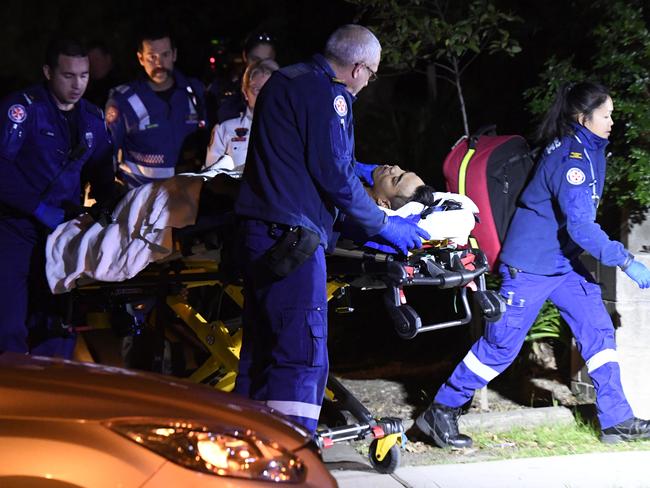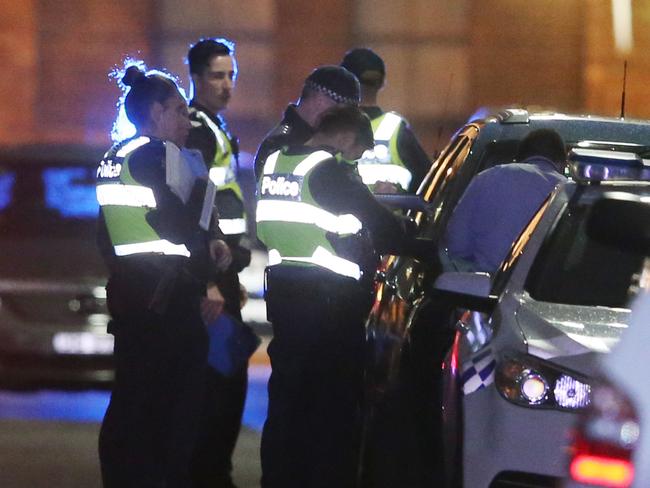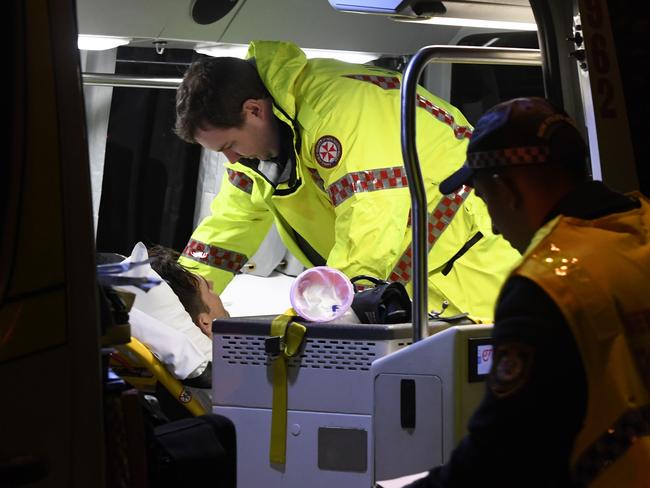Call for government to set up mental health phoneline for emergency workers
POLICE, firefighters and paramedics would get their own 24/7 counselling hotline under a radical plan to help them deal with post-traumatic stress.
NSW
Don't miss out on the headlines from NSW. Followed categories will be added to My News.
POLICE, firefighters and paramedics would get their own 24/7 counselling hotline under a radical plan to help them deal with post-traumatic stress.
Parliament’s legal affairs committee recommended the state government start a specialist telephone service to help emergency service workers through the aftermath of the trauma they are exposed to.

It comes amid concerns mental health issues are being compounded by a “bullying culture” across agencies including police, ambulance and fire and rescue services.
Black Dog Institute workplace mental health research program head Associate Professor Samuel Harvey told the committee bullying could be closely linked with PTSD and agencies must consider the mental health of both bullying perpetrators and victims.
MORE NEWS:
Boy, 16, charged over Glebe stabbing
NRL to crack down on player agents
50m trail of shattered glass, car debris and chunks of wood
“We know that when we look at emergency workers who are developing or have developed something like PTSD, we often see an increase in aggression and an increase in those externalising behaviours,” Prof Harvey said.
“If you want to understand why an individual has PTSD, it is partly around the trauma they have been exposed to — and, in the case of emergency services, often the cumulative trauma to which they have been exposed over many years.
“Where there are other things, such as bullying, there is reasonable quality evidence that that does increase the risk of PTSD.”

Public service commission data shows while bullying across emergency agencies is decreasing, 29 per cent of NSW Ambulance workers say they have experienced bullying along with 27 per cent of Rural Fire Service, 18 per cent of NSW Police, 16 per cent of Fire & Recue and 14 per cent of State Emergency Services workers.
MORE: Ex-cop Melanie Sills fails in bid for PTSD compensation
The committee also recommended that each of the five emergency service agencies started reporting annually to the upper house on bullying and harassment complaints received and the time frames for resolving them.
Health Services Union secretary Gerard Hayes said that addressing “vicarious” trauma and PTSD in emergency service workers was incredibly important.

He said a hotline would give workers an opportunity to “offload” some of the emotional anxiety they had as a result of the awful experiences they were exposed to and create a better workplace.
“Vicarious trauma is something that is absolutely real and builds up when an emergency service worker is being exposed to confronting scenes on a daily basis,” Mr Hayes said.
“It can be difficult to speak out when it becomes their norm, which is why we need to do everything we can to make sure we’re doing everything we can help those who help us in times of emergency.”
Police and Emergency Services Minister Troy Grant’s spokesman said that the government would consider the recommendations and respond “in due course”.


